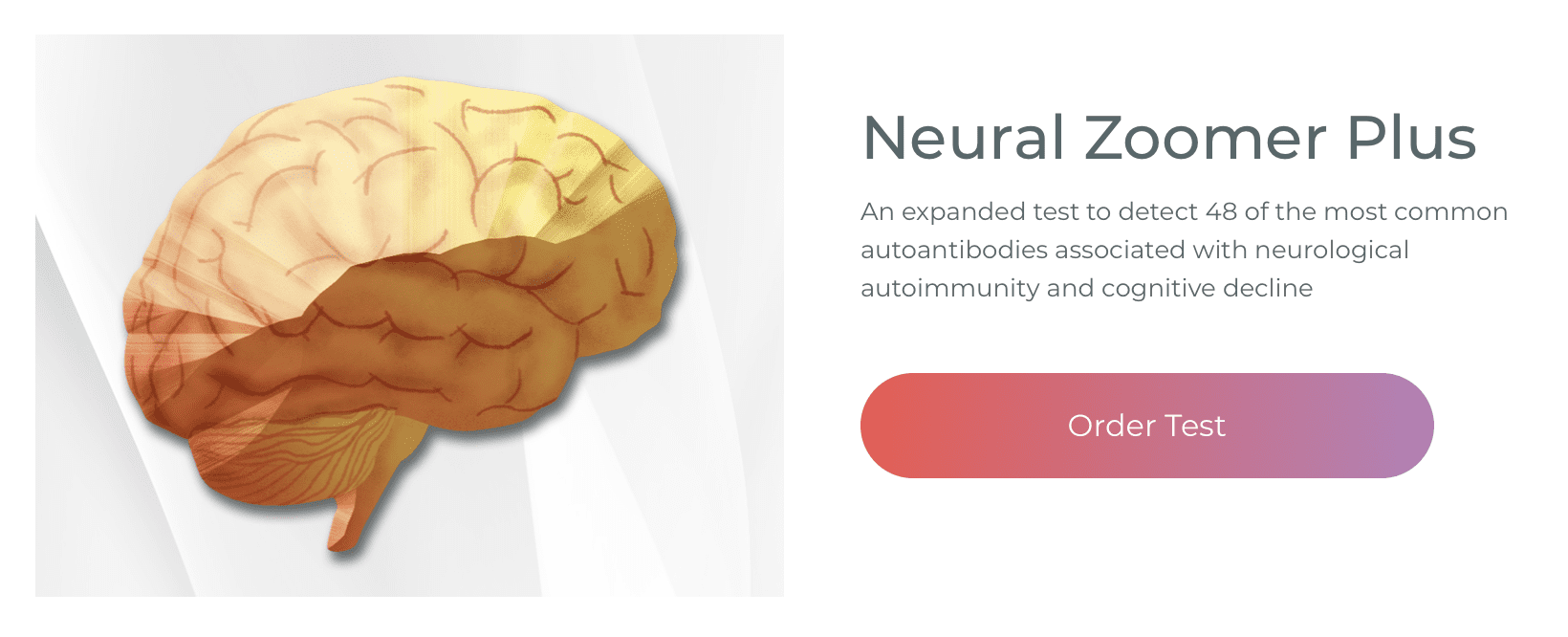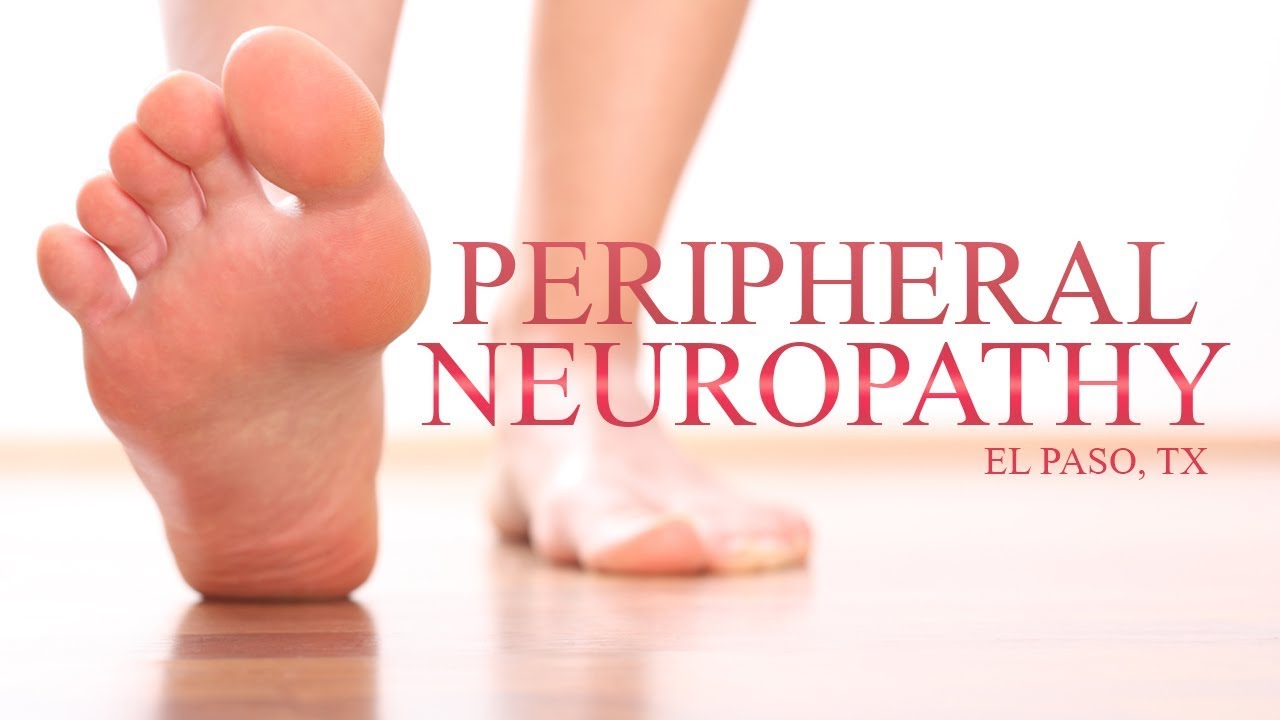The thyroid gland is a butterfly-shaped gland found in the center of the neck. It plays a fundamental role in a variety of bodily functions by releasing hormones that control heartbeat and digestion as well as regulate energy. However, if the thyroid gland doesn't produce the right amount of hormones, the body's functions start to slow down which can result in various health issues. Hypothyroidism, also known as an underactive thyroid, occurs when the body doesn't produce enough thyroid hormones. Hypothyroidism affects more women than men and it frequently affects people over the age of 60.
Hypothyroidism may not cause any noticeable symptoms in the early stages but if left untreated, it can cause a variety of health issues, such as joint pain, obesity, heart disease, and infertility. If you've been recently diagnosed with hypothyroidism after symptoms have manifested or following a routine blood test, it's essential to understand that there are safe and effective treatment options available. Healthcare professionals will utilize the proper dosage of synthetic hormones to supplement low hormone levels caused by hypothyroidism and ultimately help restore natural bodily functions.
What are the Symptoms of Hypothyroidism?
- Weakness
- Fatigue
- Weight gain
- Muscle cramps
- Coarse, dry hair
- Hair loss
- Dry, rough pale skin
- Cold intolerance
- Constipation
- Irritability
- Memory loss
- Depression
- Decreased libido
- Abnormal menstrual cycles
Symptoms can vary from person to person and they may be different depending on the severity of the thyroid hormone deficiency. Most people with hypothyroidism have a combination of symptoms. Occasionally, however, some people with hypothyroidism will manifest no symptoms or their symptoms are simply so subtle that they often will go unnoticed. If you experience any of these symptoms, make sure to talk to your doctor immediately. If you have already been diagnosed and treated for hypothyroidism and continue to have any or all of these symptoms, you will need to discuss it with your doctor.
What are the Causes of Hypothyroidism?
There are several common causes of hypothyroidism. Inflammation can damage the thyroid gland, making it incapable of producing enough hormones. Hashimoto's thyroiditis, also known as autoimmune thyroiditis, is one of the most common causes of hypothyroidism. This health issue ultimately causes the individual's own immune system to develop inflammation in the thyroid gland. A treatment option for other thyroid diseases involves the surgical removal of part or all of the thyroid gland, but, patients can eventually develop hypothyroidism if the body doesn't produce enough hormones.
It's essential to understand that generally, this is the goal of surgery for thyroid cancer. In other cases, surgical interventions will be utilized to only remove a nodule while leaving the rest of the thyroid gland undisturbed. The remaining thyroid gland will often produce enough hormones to continue regular bodily functions. For other patients, however, the remaining thyroid gland may not be able to produce enough hormones. Goiters and other thyroid diseases are treated utilizing radioactive iodine therapy which generally destroys part of the thyroid gland, causing the patient to develop hypothyroidism.
What are the Complications of Hypothyroidism?
If left untreated, hypothyroidism or thyroid hormone deficiency can ultimately cause a variety of other thyroid diseases and health issues, including:
- Goiter: This condition stimulates the thyroid gland to release more hormones, causing it to become larger. Although goiter is generally not considered to be uncomfortable, a large goiter can affect a person's appearance and may interfere with swallowing or breathing.
- Heart disease: Thyroid hormone deficiency is associated with the increased risk of developing heart disease because increased low-density lipoprotein (LDL) cholesterol, or "bad" cholesterol, levels can occur in people with hypothyroidism or an underactive thyroid.
- Mental health issues: This type of thyroid disease may cause depression and other mental health issues, including slow cognitive function.
- Peripheral neuropathy: Long-term, uncontrolled thyroid hormone deficiency can damage the peripheral nervous system. The peripheral nerves carry information from the brain and spinal cord to the rest of the body. Peripheral neuropathy can cause pain, tingling sensations, and numbness.
- Myxedema: This rare, life-threatening condition can cause cold intolerance, drowsiness, lethargy, and unconsciousness. A myxedema coma may ultimately be caused by infection, sedatives, or other stress on the body and will often require immediate medical attention and treatment.
- Infertility: Thyroid hormone deficiency can affect ovulation which may impair fertility. Autoimmune thyroid diseases can also impair fertility.
- Birth defects: Untreated hypothyroidism or a long-term, uncontrolled underactive thyroid may increase the risk of birth defects during pregnancy. Children born to women with these thyroid diseases also have an increased risk of severe developmental problems. Infants with thyroid hormone deficiency present at birth also have an increased risk of developing health issues associated with both physical and mental development. But, if this condition is diagnosed and treated within the first few months of life, the infant's chances of normal development are excellent.
The endocrine system is made up of a collection of glands, such as the thyroid gland, which release hormones that regulate a variety of bodily functions. The thyroid gland is a butterfly-shaped organ found in the center of the neck which plays a fundamental role in the secretion of several hormones, including triiodothyronine (T3), thyroxine (T4), and calcitonin, together with the pituitary gland which secretes a compound known as the thyroid-stimulating hormone (TSH). However, thyroid disease can ultimately cause a variety of health issues, including hypothyroidism. Hypothyroidism, also known as an underactive thyroid, occurs when the body doesn't produce enough thyroid hormones. Hypothyroidism may not cause any noticeable symptoms in the early stages but if left untreated, it can cause a variety of other thyroid diseases and health issues, such as joint pain, obesity, heart disease, and infertility. If you've been recently diagnosed with hypothyroidism after symptoms have manifested or following a routine blood test, it's essential to understand that there are safe and effective treatment options available. - Dr. Alex Jimenez D.C., C.C.S.T. Insight
The thyroid gland is a butterfly-shaped gland found in the center of the neck. It plays a fundamental role in a variety of bodily functions by releasing hormones that control heartbeat and digestion as well as regulate energy. However, if the thyroid gland doesn't produce the right amount of hormones, the body's functions start to slow down which can result in various health issues. Hypothyroidism, also known as an underactive thyroid, occurs when the body doesn't produce enough thyroid hormones. Hypothyroidism affects more women than men and it frequently affects people over the age of 60.
Hypothyroidism may not cause any noticeable symptoms in the early stages but if left untreated, it can cause a variety of health issues, such as joint pain, obesity, heart disease, and infertility. If you've been recently diagnosed with hypothyroidism after symptoms have manifested or following a routine blood test, it's essential to understand that there are safe and effective treatment options available. Healthcare professionals will utilize the proper dosage of synthetic hormones to supplement low hormone levels caused by hypothyroidism and ultimately help restore natural bodily functions.
The scope of our information is limited to chiropractic, musculoskeletal, and nervous health issues or functional medicine articles, topics, and discussions. We use functional health protocols to treat injuries or disorders of the musculoskeletal system. Our office has made a reasonable attempt to provide supportive citations and has identified the relevant research study or studies supporting our posts. We also make copies of supporting research studies available to the board and or the public upon request. To further discuss the subject matter above, please feel free to ask Dr. Alex Jimenez or contact us at 915-850-0900.
Curated by Dr. Alex Jimenez
References:
- Mayo Clinic Staff. “Hypothyroidism (Underactive Thyroid).” Mayo Clinic, Mayo Foundation for Medical Education and Research, 7 Jan. 2020, www.mayoclinic.org/diseases-conditions/hypothyroidism/symptoms-causes/syc-20350284.
- Norman, James. “Hypothyroidism: Overview, Causes, and Symptoms.” EndocrineWeb, EndrocrineWeb Media, 10 July 2019, www.endocrineweb.com/conditions/thyroid/hypothyroidism-too-little-thyroid-hormone.
- Holland, Kimberly. “Everything You Need to Know About Hypothyroidism.” Healthline, Healthline Media, 3 Apr. 2017, www.healthline.com/health/hypothyroidism/symptoms-treatments-more.
Additional Topic Discussion: Chronic Pain
Sudden pain is a natural response of the nervous system which helps to demonstrate possible injury. By way of instance, pain signals travel from an injured region through the nerves and spinal cord to the brain. Pain is generally less severe as the injury heals, however, chronic pain is different than the average type of pain. With chronic pain, the human body will continue sending pain signals to the brain, regardless if the injury has healed. Chronic pain can last for several weeks to even several years. Chronic pain can tremendously affect a patient's mobility and it can reduce flexibility, strength, and endurance.Neural Zoomer Plus for Neurological Disease
Dr. Alex Jimenez utilizes a series of tests to help evaluate neurological diseases. The Neural ZoomerTM Plus is an array of neurological autoantibodies which offers specific antibody-to-antigen recognition. The Vibrant Neural ZoomerTM Plus is designed to assess an individual’s reactivity to 48 neurological antigens with connections to a variety of neurologically related diseases. The Vibrant Neural ZoomerTM Plus aims to reduce neurological conditions by empowering patients and physicians with a vital resource for early risk detection and an enhanced focus on personalized primary prevention.
Food Sensitivity for the IgG & IgA Immune Response
Dr. Alex Jimenez utilizes a series of tests to help evaluate health issues associated with a variety of food sensitivities and intolerances. The Food Sensitivity ZoomerTM is an array of 180 commonly consumed food antigens that offers very specific antibody-to-antigen recognition. This panel measures an individual’s IgG and IgA sensitivity to food antigens. Being able to test IgA antibodies provides additional information to foods that may be causing mucosal damage. Additionally, this test is ideal for patients who might be suffering from delayed reactions to certain foods. Utilizing an antibody-based food sensitivity test can help prioritize the necessary foods to eliminate and create a customized diet plan around the patient’s specific needs.
Gut Zoomer for Small Intestinal Bacterial Overgrowth (SIBO)
Dr. Alex Jimenez utilizes a series of tests to help evaluate gut health associated with small intestinal bacterial overgrowth (SIBO). The Vibrant Gut ZoomerTM offers a report that includes dietary recommendations and other natural supplementation like prebiotics, probiotics, and polyphenols. The gut microbiome is mainly found in the large intestine and it has more than 1000 species of bacteria that play a fundamental role in the human body, from shaping the immune system and affecting the metabolism of nutrients to strengthening the intestinal mucosal barrier (gut-barrier). It is essential to understand how the number of bacteria that symbiotically live in the human gastrointestinal (GI) tract influences gut health because imbalances in the gut microbiome may ultimately lead to gastrointestinal (GI) tract symptoms, skin conditions, autoimmune disorders, immune system imbalances, and multiple inflammatory disorders.
Formulas for Methylation Support
XYMOGEN’s Exclusive Professional Formulas are available through select licensed health care professionals. The internet sale and discounting of XYMOGEN formulas are strictly prohibited.
Proudly, Dr. Alexander Jimenez makes XYMOGEN formulas available only to patients under our care.
Please call our office in order for us to assign a doctor consultation for immediate access.
If you are a patient of Injury Medical & Chiropractic Clinic, you may inquire about XYMOGEN by calling 915-850-0900.
For your convenience and review of the XYMOGEN products please review the following link. *XYMOGEN-Catalog-Download
* All of the above XYMOGEN policies remain strictly in force.












